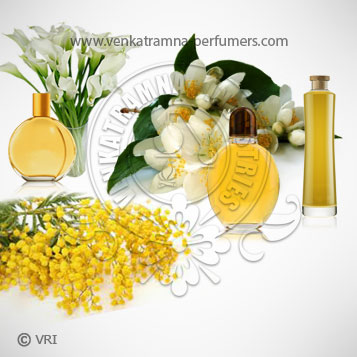
| Botanical Name | Mentha spicata |
| Common Name | Basil, eucalyptus, lavender, rosemary and jasmine. |
| Country of Origin | Malaysia |
| Solubility | Soluble in Alcohol and Ether |
| Specific Gravity | 0.917-0.934 |
| Optical Rotation | (-) 48ºC to (-) 60ºC |
| Refrective Index | 1.4820 - 1.4900 |
| PlantPart | Leaves |
| Bland With | a-pinene, b-pinene, carvone, 1,8-cineole, linalool, limonene, myrcene, caryophyllene and menthol. |
| CAS No | Not Applicable |
| Flash Point | Not Applicable |
| Extraction Method | Steam Distilled |
The Mentha Spearmint Oil offered by us is extracted from the Mentha spicata of the Labiatae family, commonly known as the Garden Mint. Obtained by the method of steam distillation of the flowering tops, the Mentha Spearmint Oil is a boon to the medical world because of its healing properties.
Early doctors used spearmint tea to cure colds, headaches and stomach problems, including vomiting and gas. Physicians often treated infant colic with a bit of spearmint tea. Housekeepers during the Middle Ages used spearmint as a strewing herb, a fragrant plant thrown on the floor of a dwelling to freshen the air. It had the added advantage of repelling insects, mice and rats.
Color : Colorless to Yellow Green Liquid with Characteristics warm, Herbal Penetrating odor,
Aroma : Warm, spicy scent that is somewhere between clove and cinnamon.
Primarily contains 35 – 60% thymol, p-cymine (10-16%), a-terepinene (10-16%), ß-pinene (4-5%) and dipenene (4-6%).
The Mentha Spearmint Oil helps to reduce the pain of headaches and migraines. It eases nervous strain, fatigue and stress and is very beneficial for the respiratory tract. Moreover, it assists in the cure of asthma, bronchitis, catarrh and sinusitis, as well as helps relieve pruritus, acne, dermatitis, congested skin and sore gums. For these qualities, it is a much utilized element in the pharmaceutical industry.